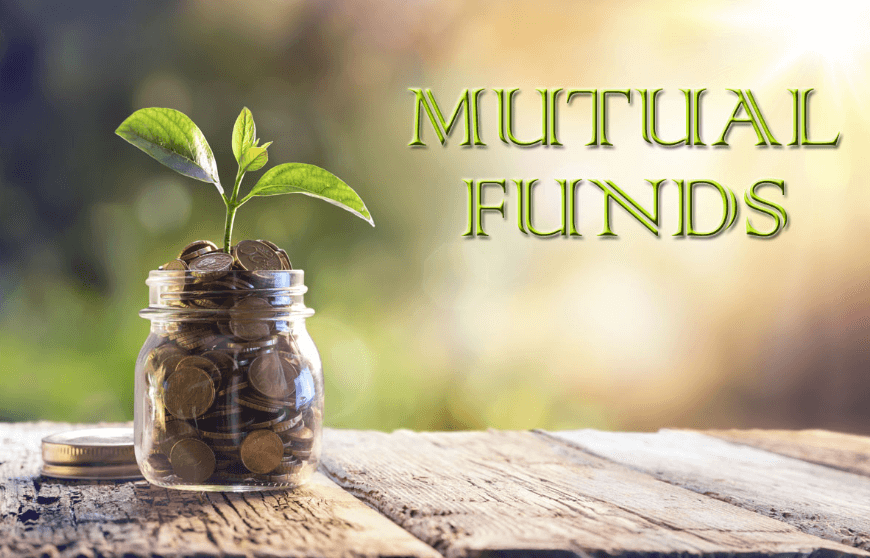Fixed Deposits or other Investment
Fixed Deposit (FD) is an easy, simple and assured way of saving money and earning interest. But how does FD fare against other investment options? That’s exactly what we’ll be discussing here.
Let’s begin with defining Fixed Deposits. That’s critical for a better understanding.
What are FDs all about?
In a Fixed Deposit, you deposit a lump sum in a bank or NBFC without creating a separate account. The amount stays deposited for a fixed period and earns a fixed rate of interest. That’s why they call it a Fixed Deposit. Upon maturity, the proceeds you get include the invested sum plus the interest payouts. The interest rates depend on the bank, tenure and multiple other factors. So, you need to research the market well to get the highest FD rates.
How FDs fare against other investment options?
Now that you know what FDs are all about, it’s time to pit it against other investment options on a few key parameters. The idea is to help you make educated investment decisions.
- Return on Investment:
Fixed Deposits give you a better return on investment than the savings account. The average current FD rates stand at 7.85% for general investors and 8.10% for the elderly, while the same in savings accounts is 4 to 5%. The FD interest rates are comparable to that of Public Provident Fund, Tax Savers FDs and the like. However, Equity Linked Savings Scheme (ELSS) and National Pension Scheme (NPS) might offer up to 15% and 14% returns respectively.
- Assurance of returns :
All market-linked schemes (stocks, mutual funds etc) are prone to market fluctuations. The returns might be higher but not guaranteed. Conversely, in FDs, the interest rates are locked in at the time of deposits. This means you continue to enjoy the agreed interest rates even if the FD rates crash for any reason at any time during the tenure. Assurance is the prime factor that makes FDs a staple investment instrument for investors with low-risk tolerance.
- Tenures:
FD tenures come in all shapes and sizes to meet all investment requirements, head-on. Whether you need to park your funds for a week, fortnight, month, 45 days, a year, a year and a half, 5 years or 10 years, FDs keep you covered. Perhaps, no other investment vehicle can afford such flexibility in tenures. It’s advisable to prefer longer tenures. The reason being, FDs involve compound interest. So, the longer the tenure, the higher the returns will be.
- Need-based Payout Facility:
FDs also have an edge over its counterparts in the diversity of payouts. You can opt for cumulative or non-cumulative payouts as per your requirements. In the former arrangement, the interest gains are realized only upon the expiry of the tenure. On the other hand, the latter option empowers you to realize interest payouts each month, quarterly, bi-annually and annually.
- Tax savings:
Under section 80C of the Indian Income Tax Act, Tax Saving FDs are eligible for tax relief up to INR 1, 50,000 on the taxable income. Not all but many investment instruments, such as, but not limited to, ELSS, PPF, ULIPs, and NPS also provide tax relief under the same section.
Despite lack of liquidity and relatively low returns, FDs continue to find favor among the low-risk capacity Indian investors for a few plausible reasons.




